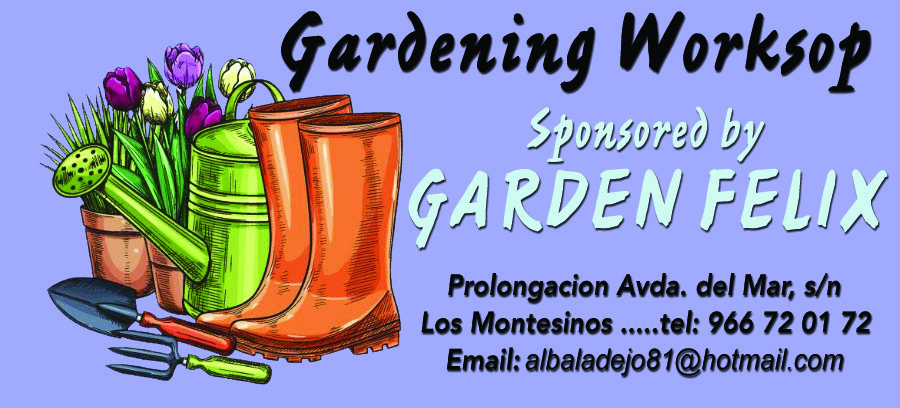Yucca come in many forms with over 49 different species, originating from North and Central America and the Caribbean.
Spain is a Mecca for Yuccas – including the Spanish Bayonet – spineless Yucca, Adam’s needle and thread, Spanish dagger and Our Lords candle, to name but a few.
Yucca have a very special way of pollination – via the Yucca moth which also lays its eggs in the plant.
Yuccas are an ideal addition to a garden or terrace, giving a dramatic architectural effect with bold sword-shaped leaves and panicles of bell-shaped cream coloured flowers in late summer to autumn, once pollinated
Larger Yucca will gradually loose their lower leaves, to expose a trunk.
Requiring full sun and well drained soil, Yucca is ideal to grow on the Costa Blanca.
Most species have thick, waxy skins, to prevent loss of water through evaporation, storing water in thick roots.
Some Yuccas also store water in their thick, fleshy leaves. During a drought Yuccas drop leaves, to prevent loss of water, through transpiration.
Dead leaves of the Yucca will collect against the trunk, which helps protect it from the sun; the channeled leaves will direct dew and any rainfall to their roots.
Yucca plants have a variety of uses, including using the fiberous leaves to make rope and cloth, with roots being used in soaps and shampoos.






